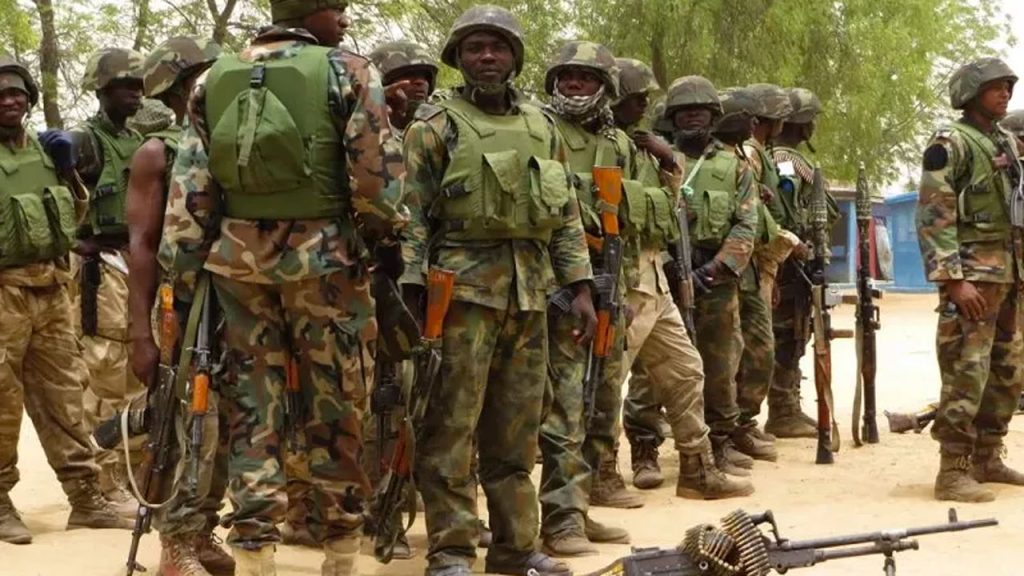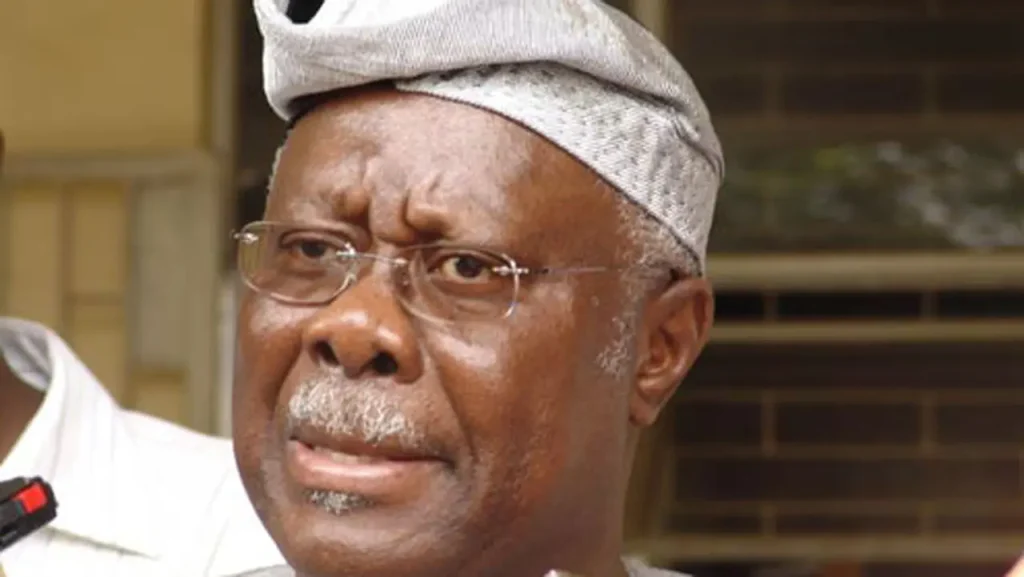Protests over police welfare and pension reforms gripped Nigeria’s capital on Monday as activists and retired officers demanded systemic changes, sparking tensions between demonstrators and authorities. Presidential hopeful Omoyele Sowore and civil society groups rallied for improved pay and conditions for serving police personnel, while hundreds of retired officers under the Nigerian Union of Retired Police Officers (NURPO) simultaneously picketed government buildings to exit a pension scheme they call “discriminatory.”
NURPO Chairman Mannir Lawal confirmed to Media Talk Africa that retirees from all 36 states had converged in Abuja for what he termed the “mother of all peaceful protests.” The union seeks immediate removal from the Contributory Pension Scheme (CPS)—a system managed by private firms—and demands full reimbursement of their savings. “Nothing will stop us,” Lawal asserted, clarifying that the retirees organized independently and were unaware of Sowore’s parallel demonstration until seeing social media posts.
The Nigeria Police Force (NPF) accused unnamed “actors” of politicizing retirees’ grievances, with spokesperson Olumuyiwa Adejobi alleging attempts to “twist facts and sow distrust” for “ulterior motives.” While acknowledging legitimate concerns over welfare, the statement criticized protests as disruptive, claiming activists aimed to “weaponize” frustrations rather than foster reform. Inspector General Kayode Egbetokun nonetheless directed commissioners to protect demonstrators, even as a leaked memo ordered officers in Abuja to remain confined to barracks “until further notice”—a move Sowore denounced as silencing dissent.
Sowore, a vocal critic of President Bola Tinubu’s administration, accused the government of systemic neglect, writing on social media: “You humiliated [police] in service and retirement. Now you’re scrambling to explain decades of injustice.” The Police Community Relations Committee (PCRC) urged retirees to resume negotiations, framing the protests as an effort to discredit the police leadership.
The dual demonstrations underscore long-simmering tensions over Nigeria’s pension reforms, introduced in 2004 to replace a direct-benefit system but criticized for delayed payments and reduced entitlements. Retirees argue that unlike military counterparts, who were exempted from the CPS in 2019, they face financial insecurity despite decades of service. Meanwhile, serving officers—many earning less than $120 monthly—grapple with inadequate resources amid rising security challenges.
As crowds gathered in Abuja, the NPF reiterated its commitment to addressing welfare issues but condemned what it called the “exploitation” of retirees’ plight for political ends. With activists and retirees vowing to press their demands, the protests highlight intersecting struggles for fair compensation and accountability in one of West Africa’s most complex security landscapes.



